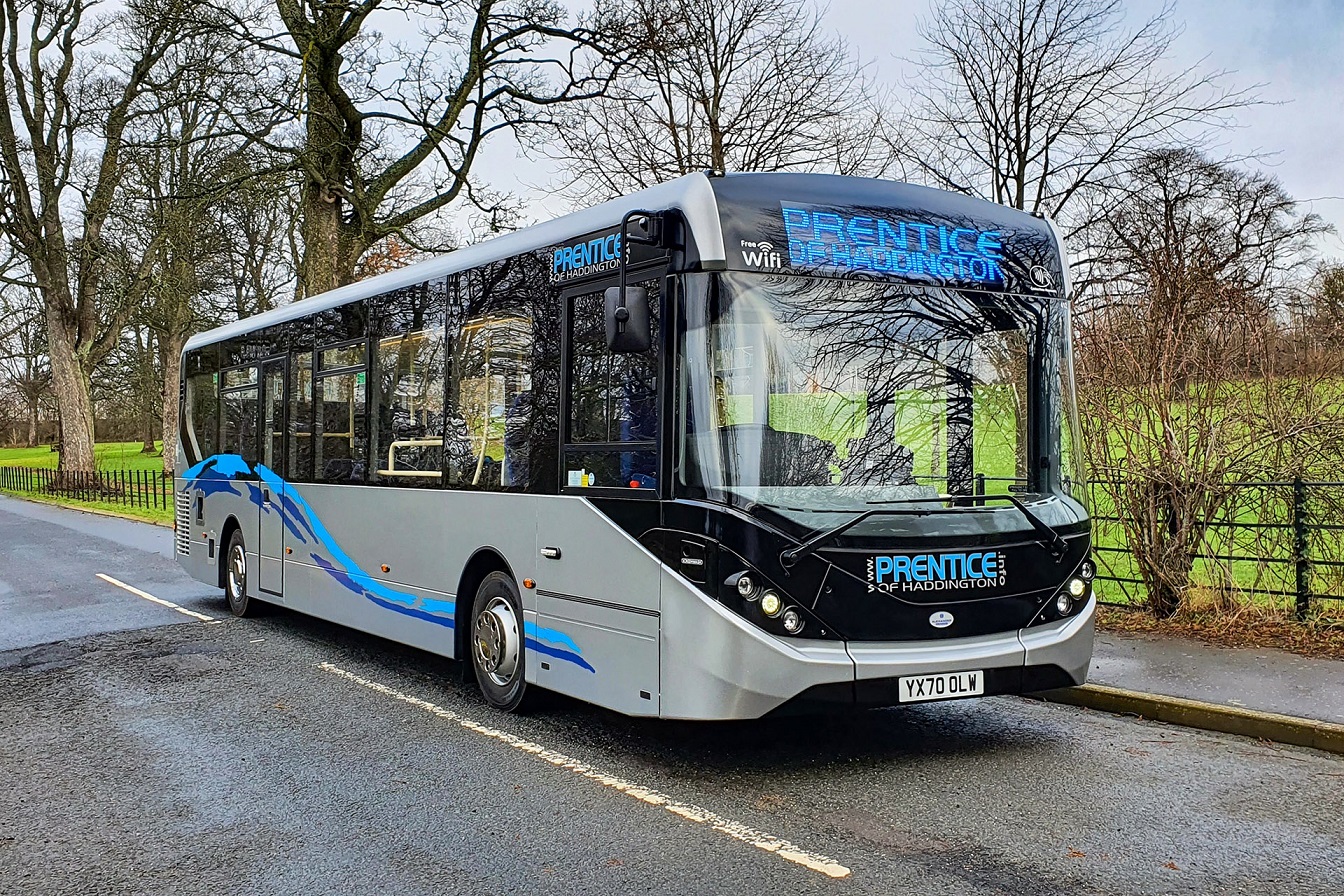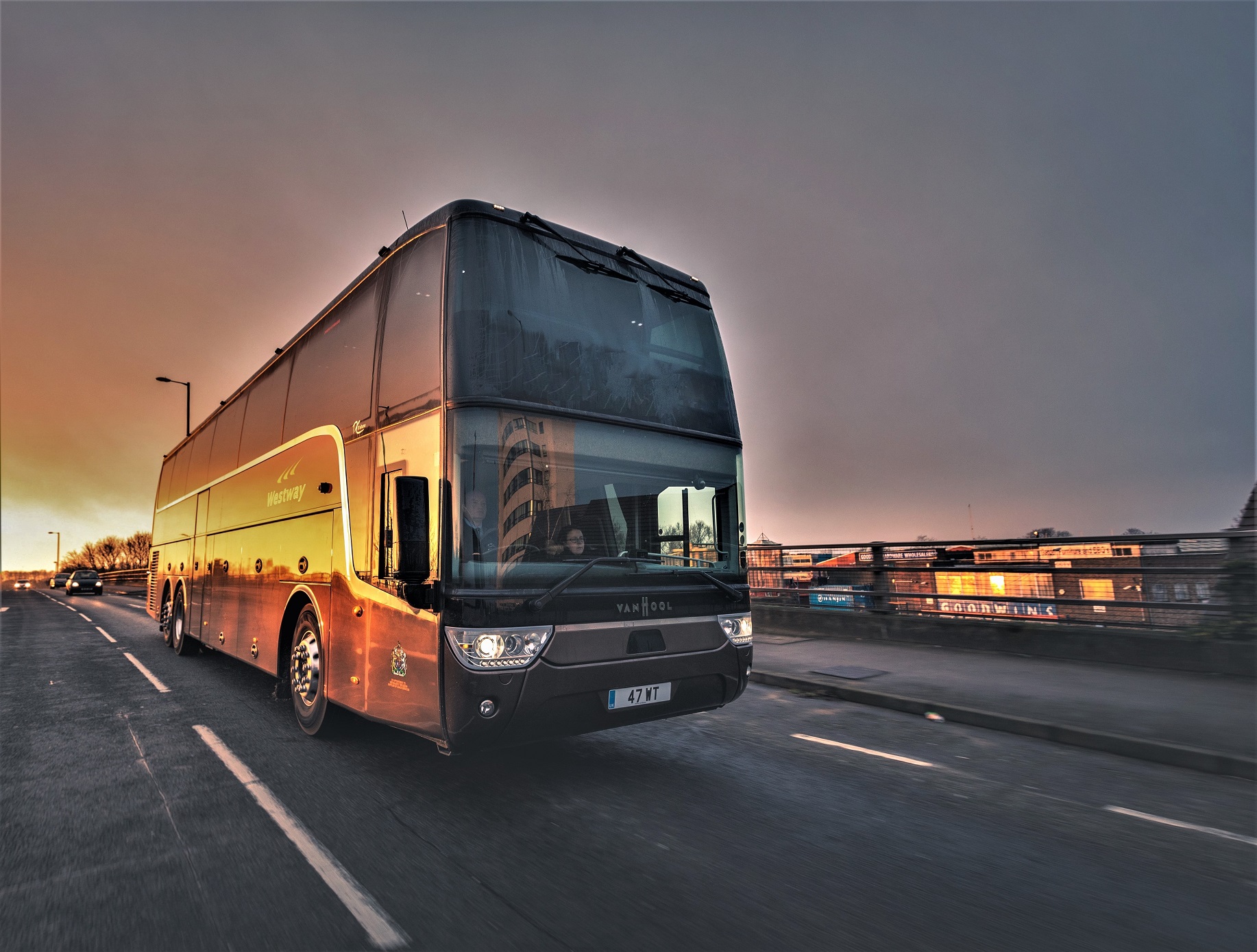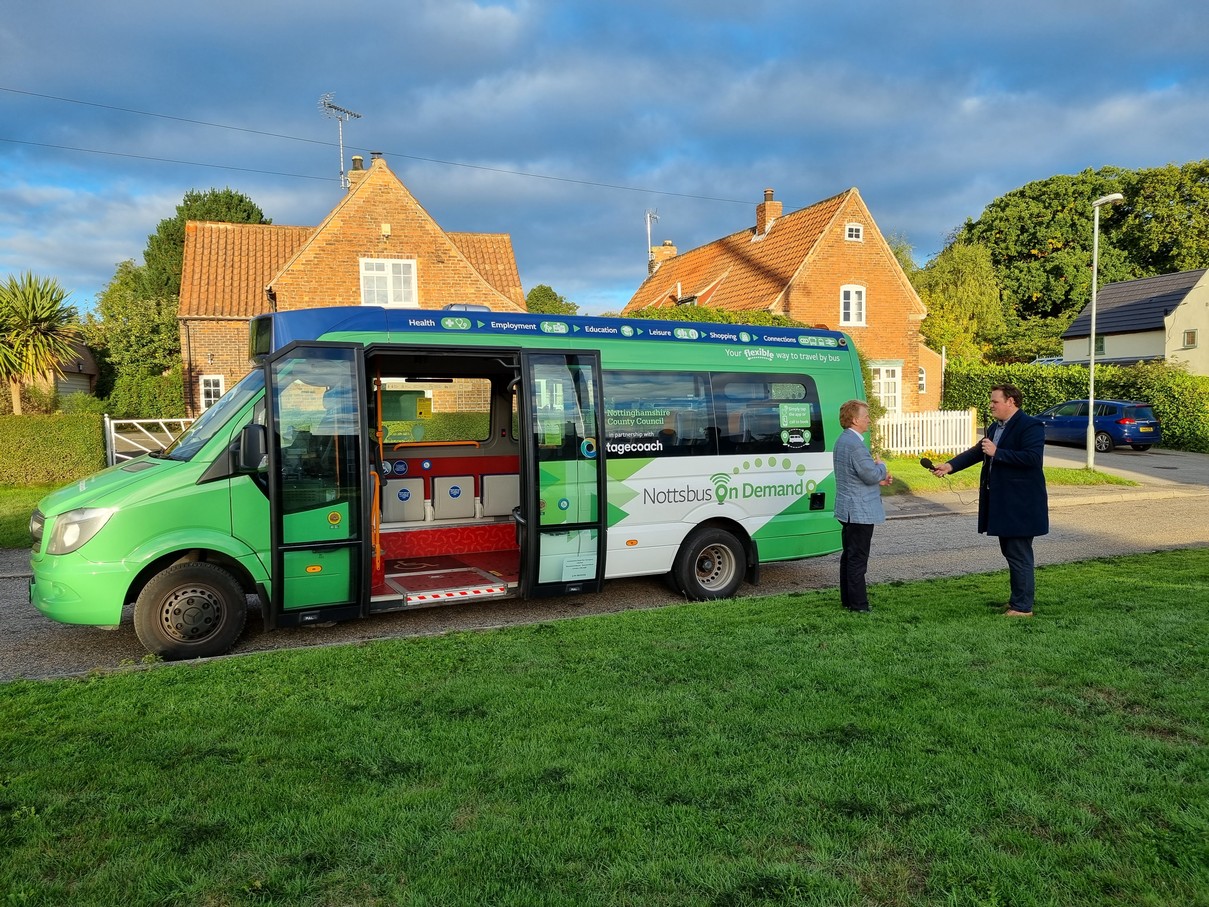Bus has a significant role to play in delivery of the Scottish Government’s wider policy objectives, Transport Scotland Director of Bus, Accessibility and Active Travel Bettina Sizeland told delegates at the Association of Local Bus Managers conference in Edinburgh on 25-26 April.
Ms Sizeland was a late and unexpected substitute for Minister for Transport Kevin Stewart. Speaking on Mr Stewart’s behalf, she informed attendees that the Scottish Government remains committed to its target of a 20% reduction in car kilometres by 2030 and that bus is seen by ministers as key to the realisation of that.
NSG+ talk absent from bus and Scottish policy connection
There was no direct talk of the recent end to Network Support Grant Plus (NSG+), although Ms Sizeland acknowledges that the bus industry is facing many challenges. Termination of NSG+ is expected to see a downsizing of some parts of Scotland’s bus network along with fare increases, leaving a question mark over how much the mode will contribute to the car kilometre reduction target.
Despite that seeming contradiction, Ms Sizeland adds that bus “is one of the greenest transport choices that the public can make,” and that future policy and plans will continue to be defined in collaboration with the sector.
Ongoing is work via the Bus Partnership Fund (BPF) to deliver priority improvements. However, BPF has been criticised for the slow pace at which money is being released. At the time of the conference, just £26 million had been awarded out of more than £500 million allocated to the scheme, although as a caveat, some of that money is to identify future projects.
Free travel for under-22s: Uptake good, but…
On free bus travel for under-22s in Scotland, Ms Sizeland says that more than 56 million journeys have now been made using that concession. 65% of eligible young people are benefitting, with 77% of those aged between 17 and 21 having the necessary entitlement card.
Nevertheless, it is clear that the free travel is intended as part of wider Scottish Government policy rather than as assistance to the bus industry, although reimbursement for concessionary schemes in Scotland was grouped as part of financial support for bus services by Ms Sizeland.
“This landmark policy is helping young people and families with children to save costs while at the same time protecting our climate,” she says. “Such a high volume of journeys demonstrates young people’s interest.”
Despite the Scottish Government’s praise of the scheme, one bus operator representative present at the conference notes that since its introduction, there has been an increase in antisocial behaviour on its vehicles.
Ms Sizeland also confirmed existing plans that further secondary legislation to enable franchising and partnership options in Scotland will be introduced later this year.

























